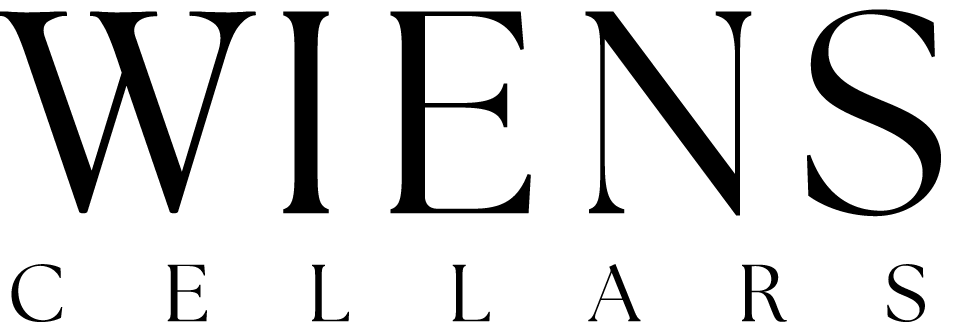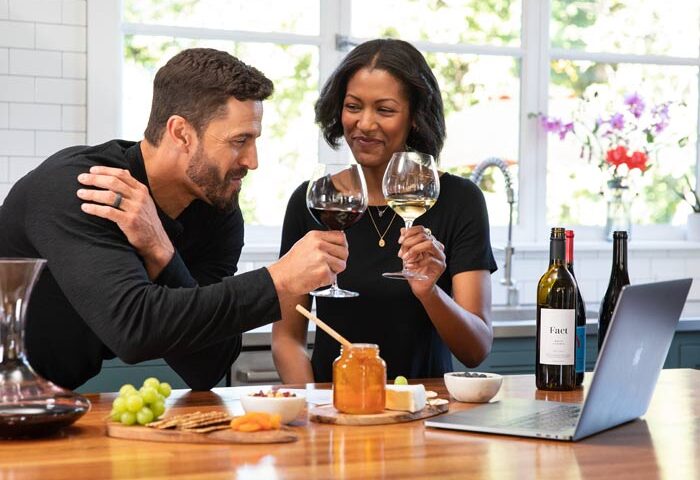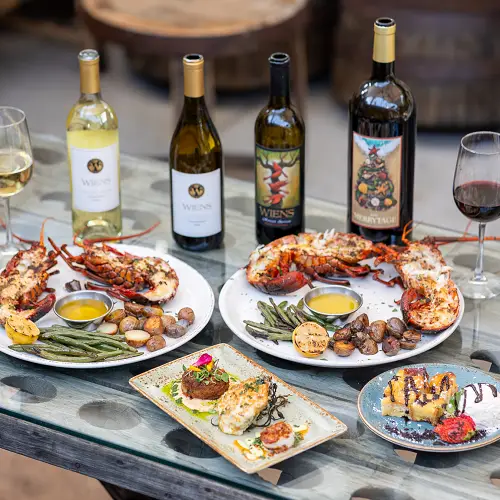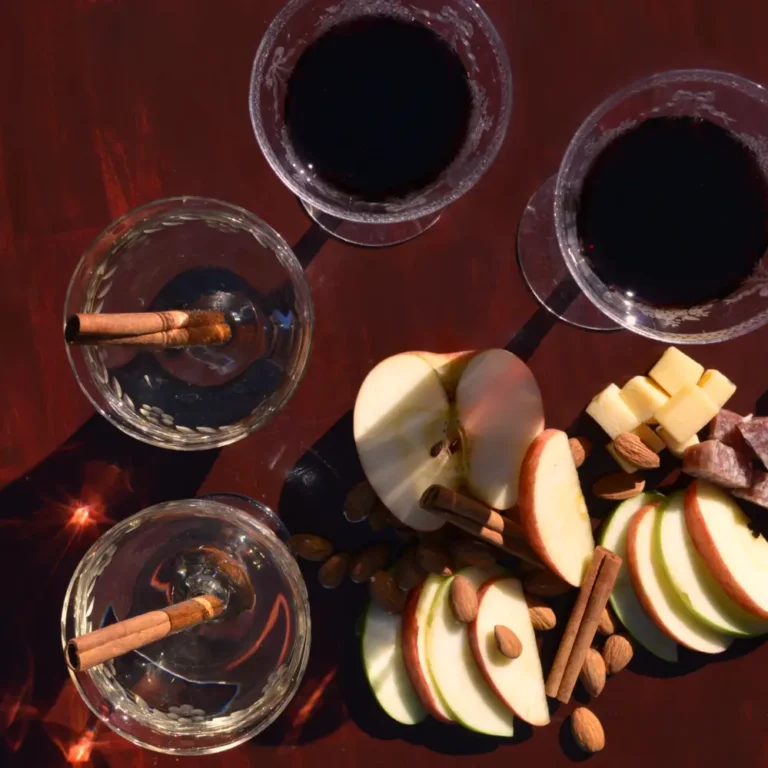Why Host a Wine Tasting?
There’s something magical about wine; it’s not just a beverage but a journey in a glass, leading us through tastes, aromas, and stories from around the globe. Hosting a wine tasting event taps into this magic, transforming an ordinary evening into an extraordinary exploration of senses and friendships. It’s an opportunity not just to taste wine but to share stories, preferences, and discoveries, making every sip a shared adventure.
The key to a memorable wine tasting lies in its preparation and execution. It’s about more than just lining up a few bottles; it’s creating a moment where each guest feels invited into the world of wine, no matter their experience level. Successful wine tastings balance education with enjoyment, guiding guests through a carefully curated selection of wines while fostering an atmosphere of discovery and delight.
Planning Your Wine Tasting Event: Setting the Stage
Choosing a theme for your wine tasting provides a narrative thread for the evening, guiding your selection of wines and helping guests engage with the tasting on a deeper level. Whether you opt for a journey through the wine regions of Italy, a comparison of Old World versus New World wines, or an exploration of a single varietal across different terroirs, your theme serves as the backdrop against which the evening unfolds. It gives context to your wine choices and adds an educational layer to the event, enriching the experience for everyone involved.
Selecting the right wines is both an art and a science. Your choices should reflect the theme of your event, offering a variety of profiles, regions, and price points to accommodate all palates. Consider including a wildcard wine—a bottle that might surprise and challenge your guests’ taste buds. When choosing wines, also think about the narrative you want to create: each bottle should tell a part of the story, from the vineyard’s history to the winemaker’s philosophy, weaving a tapestry of taste and tradition that captivates your guests.
Setting the Scene: Crafting the Perfect Ambiance
Creating the right ambiance is crucial for a successful wine tasting. The environment should be comfortable yet sophisticated, inviting guests to relax while engaging their senses fully. Consider lighting—soft, indirect light can create a warm, welcoming atmosphere. Music, played at a low volume, can complement the mood without overshadowing the conversation. The setting should encourage mingling and discussion, with seating arrangements that facilitate movement and interaction among guests.
Equally important is having the necessary equipment on hand. Proper glassware not only enhances the wine’s aromas and flavors but also adds an element of elegance to the tasting. Ensure you have enough glasses for each guest and each type of wine being served, as well as water glasses for hydration. A decanter or two might be necessary for older reds, while a spittoon in a discreet area allows guests to taste without overindulging. Don’t forget the practical items, too: wine openers, pourers, and a bucket for chilling whites and sparklings ensure the evening flows as smoothly as the wine.
The Tasting Order: Choreographing the Sips
The sequence in which wines are tasted can dramatically affect the perception and enjoyment of each glass. Starting with lighter, more delicate whites and sparklings (Make sure to chill them!)sets a fresh, vibrant tone for the evening, gradually building towards the more complex, fuller-bodied reds. This progression helps preserve the palate’s sensitivity, allowing guests to appreciate the nuances of each wine without being overwhelmed by stronger flavors early on. Consider the body, acidity, and sweetness of each wine when planning the order, ensuring a harmonious transition from one to the next.
Balancing different wine styles and varietals within your tasting lineup introduces variety and keeps the palate engaged. Including a diverse range of wines—sparkling, white, rosé, red, and perhaps a sweet dessert wine—offers a comprehensive tasting experience that showcases the versatility and complexity of wine. This approach not only caters to varied preferences but also encourages guests to step outside their comfort zones, discovering new favorites along the way.
Educating Your Guests: Sharing the Story of Each Wine
A key component of hosting a wine tasting is the education aspect. For each wine, provide background information that paints a picture of its origin, grape variety, and production process. This context enriches the tasting experience, allowing guests to connect more deeply with the wine. Share stories about the winemakers, the vineyard’s location, and any unique methods used in the wine’s creation. This narrative layer transforms each tasting into a journey, with every sip revealing a new chapter of the wine’s story.
Guiding your guests through the tasting process enhances their appreciation and enjoyment of the wine. Explain how to assess the wine’s appearance, aroma, and taste, and encourage them to share their observations and impressions. This interactive element not only educates but also fosters a sense of community and shared discovery. Providing tasting notes or a flavor wheel can help guests articulate their experiences, making the tasting both a learning experience and a conversation starter.
Palate Cleansers and Food Pairings: Enhancing the Experience
The inclusion of palate cleansers is essential in a wine tasting, allowing guests to refresh their taste buds between wines. Simple, neutral flavors work best—think unsalted crackers, bread, or mild cheese. These cleansers help reset the palate, ensuring that each wine can be tasted without the lingering influence of the previous one. Additionally, they provide a momentary pause in the tasting, giving guests time to digest their experiences and engage in conversation.
Food pairings can elevate a wine tasting from good to unforgettable. Select small bites that complement the wines being tasted, enhancing their flavors and demonstrating the transformative power of food and wine together. The pairings should be thoughtful and intentional, with each dish designed to highlight a particular aspect of the wine. This not only delights the palate but also illustrates the art of pairing, adding another layer of education and enjoyment to the event.
Tasting Techniques and Etiquette: Sipping with Savoir-Faire
Introducing basic wine tasting techniques gives your guests the tools to fully engage with the wine. Teach them how to swirl the wine to release its aromas, how to sniff effectively to identify different scent notes, and how to taste thoughtfully, noting the wine’s body, tannins, acidity, and flavors. These techniques not only enhance the individual tasting experience but also provide a common language for discussing the wines, enriching the collective experience of the event.
Wine tasting etiquette ensures that the event remains enjoyable and respectful for all participants. Encourage guests to sip and savor rather than drink, to use the spittoons if they choose, and to be open-minded about each wine. Remind them that wine tasting is subjective, and there’s no right or wrong when it comes to personal preferences. Creating an atmosphere of non-judgment and curiosity allows everyone to explore and enjoy the wines at their own pace, fostering a positive and inclusive tasting environment.
Interactive Elements: Bringing Fun to the Fore
Incorporating interactive elements like games or quizzes adds a dynamic and engaging aspect to the wine tasting. Whether it’s guessing the region of a blind-tasted wine, matching wines to their descriptions, or a quiz on wine facts, these activities enliven the event and spark friendly competition. They also encourage guests to apply what they’ve learned, reinforcing their wine knowledge in a fun and memorable way.
Engaging guests in discussions about the wines encourages them to share their thoughts, impressions, and preferences. Facilitate conversations by asking open-ended questions, comparing and contrasting different wines, and exploring the reasons behind each person’s likes and dislikes. This interactive dialogue not only deepens the tasting experience but also builds connections among guests, making the wine tasting a communal journey of discovery.
Handling Different Levels of Wine Knowledge: Cultivating Inclusivity
A successful wine tasting caters to all levels of wine knowledge, from beginners to seasoned enthusiasts. Strive to create an event that educates without overwhelming, offering information that’s accessible to novices while still engaging for more experienced tasters. Use clear, jargon-free language, and encourage questions, ensuring that every guest feels comfortable and included in the conversation.
Creating an inclusive and educational environment is the hallmark of a great wine tasting. Emphasize the joy of learning and exploration, regardless of one’s prior wine knowledge. Encourage more knowledgeable guests to share their insights in a way that enriches the experience for everyone. By fostering a supportive and open atmosphere, you ensure that all guests, regardless of their wine background, leave the event with new knowledge, experiences, and perhaps a few new favorite wines.
Celebrating the Shared Journey
Hosting a wine tasting is a celebration of wine, friendship, and the joy of discovery. It’s an opportunity to share your passion for wine with others, creating memorable experiences that linger long after the last glass is emptied. Encourage your guests to continue exploring the world of wine, armed with new knowledge, confidence, and curiosity.
By inviting guests to delve deeper into the world of wine, you open the door to endless possibilities for learning, tasting, and enjoyment. A successful wine tasting event is not just about the wines that were sampled but the connections made, the stories shared, and the collective journey through the captivating world of wine. Cheers to many more tastings, discoveries, and the endless pleasures of the vine.
Whether you’re planning your first wine tasting event or looking to elevate your next gathering, remember that the essence of wine is to be shared and savored. With a touch of planning, a dash of education, and a generous pour of enthusiasm, you’re well on your way to hosting an unforgettable wine tasting that celebrates the rich tapestry of wine culture. And for those looking to host in a setting designed to enchant and inspire, explore the events we host at Wiens Cellars, rated one of Temecula’s best wineries, where every detail is crafted to enhance your wine tasting journey. You can also Book a Wine Tasting with a small group.




